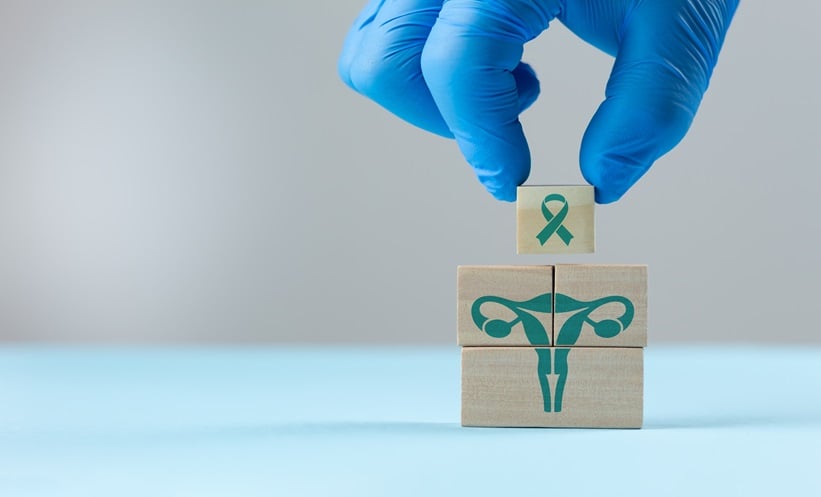A COMPREHENSIVE meta-analysis presented at ESMO Breast 2025 confirms that alcohol consumption is linked to a higher risk of developing breast cancer but does not appear to affect survival or recurrence after diagnosis.
Researchers led by Luca Arecco from Genova analysed data from 17 studies involving nearly two million women worldwide. The review included both retrospective and prospective studies that assessed breast cancer incidence and prognosis according to alcohol intake.
The findings show a clear association between alcohol use and increased breast cancer incidence, especially hormone receptor-positive disease. Compared to non-drinkers, women who consumed alcohol had a 13% higher overall risk of breast cancer. The risk rose with the amount consumed: light drinkers had a 6% increased risk (95% CI 1.02-1.11; p<0.05), intermediate drinkers 20% (95% CI 1.11-1.30; p<0.001), and heavy drinkers 47% (95% CI 1.31-1.65; p<0.001). These results highlight a dose-dependent relationship between alcohol intake and breast cancer risk.
However, among breast cancer patients, alcohol consumption did not significantly influence recurrence rates or breast cancer-specific survival. Interestingly, light alcohol consumption was linked to slightly improved overall survival after diagnosis.
The study suggests that while alcohol is a modifiable risk factor for developing breast cancer, it does not appear to worsen outcomes once the disease is diagnosed. Researchers emphasise the importance of alcohol reduction for prevention but note that moderate drinking may not harm prognosis.
This large-scale analysis offers valuable insights for public health messaging and breast cancer prevention strategies worldwide. Further research is encouraged to better understand the complex relationship between alcohol and breast cancer prognosis.
Reference
Arecco L et al. Association of alcohol consumption on breast cancer incidence and prognosis: A systematic review and meta-analysis. Abstract 269P. ESMO Breast; 14-17 May 2025.








